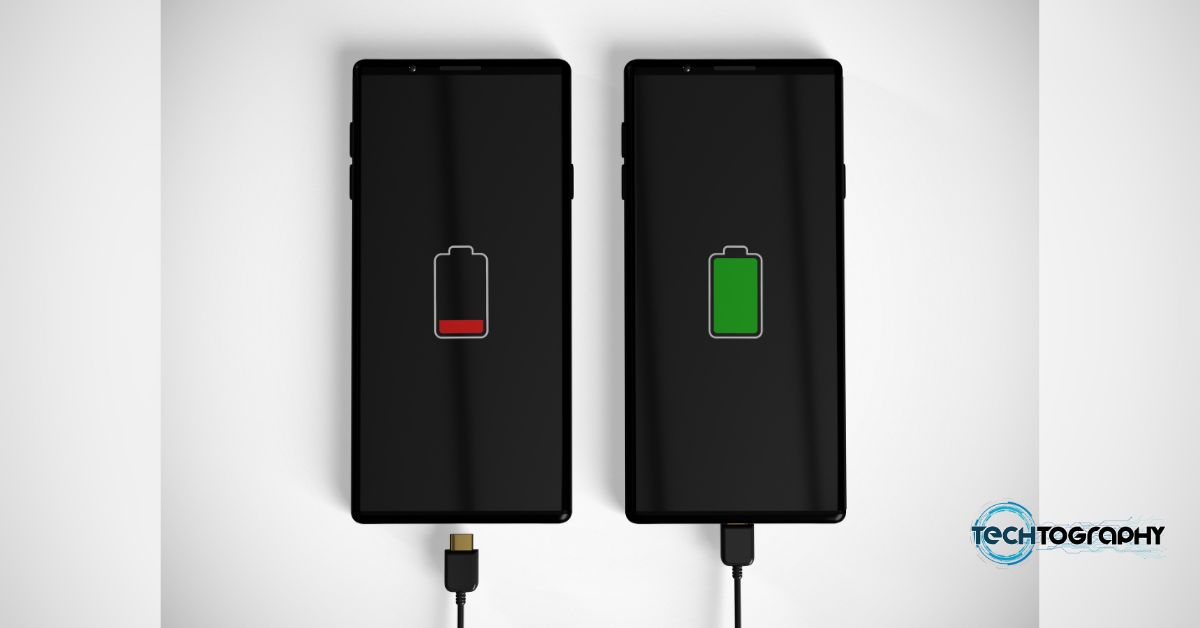HONG KONG, Sept. 2, 2020 /PRNewswire/ — At the International Telecommunication Union SG16 (ITU-T SG16) held from 22nd June to 3rd July 2020, the "Mobile Device Computing Photography System Reference Architecture" proposal submitted by TRANSSION Holdings (TECNO’S parent company) was successfully approved. This marked the official launch of the standardization of terminal computing photography, which will be carried out according to the contents of this proposal. This is also the first time that TRANSSION’s effort in mobile device computing photography was recognized by international top experts.
Computational photography is the key smartphone image development trend. With this remarkable milestone of ITU-T achieved by its parent company TRANSSION Holdings, TECNO is in a great position to be the pioneers in this field by establishing the research framework and further its R&D investment for its continued development in camera leadership to distinguish itself from the market.
Mobile photography, unlike traditional single-lens reflex photography, is often limited by hardware size and imaging module technology. Therefore, computational photography systems that focus on software and hardware collaboration and image processing algorithms play a critical role for mobile phones to improve photography quality and enrich image functions. The mobile device computing photography system is able to reconstruct the scenery, lighting, and the subject of the photo by utilizationing imaging control, image calculation and processing, combined with artificial intelligence and mobile internet technology. On top of that, it creates a new image application system – pushing past the limits of mobile phone photography and improving photo effects and user experience.
With this milestone, it’s easy to expect TECNO placing an emphasis on the photography effects in its pioneer camera phone CAMON series, ensuring every new generation of the CAMON series receives a significant boost to the imaging technology. Leveraging its parent company TRANSSION Holdings’ assets and resources, TECNO keeps innovating and takes the research and application of computational photography to the next level, with TAIVOS™ by TECNO being one great example of this kind. Built on the approved computational photography standards TRANSSION submitted to ITU-T, TAIVOS™ (TECNO AI Vision Optimization Solution) enables up to 15-frame synth with an imaging time of just 4.68 seconds while most other smartphones only achieves this in 5.5 seconds or even 7 seconds. That means that the photographs shot with TAIVOS™ are built from a composite of 15 image frames that can be analyzed and recombined pixel-for-pixel, vividly capturing each element in your scenes with optimal contrast.

The first International Standard for Mobile Device Computing Photography System Proposed by TRANSSION Kicked Off
Now TAIVOS™ has been applied to TECNO CAMON series. With its powering, the newest CAMON 16 will come with professional and perfect portrait mode for consumers. TAIVOS™ is a signal processing technology. In other words, it’s a dedicated microprocessor that works together with AI algorithms to do one job: significantly enhance night-time photography: optimizing processes and renderings by making images clearer, enhancing night shots, and overall improvement through high-performance imaging algorithm capabilities. It is applied in the CAMON series for an image processing and enhancement. Based on the tens of millions of data points, TECNO is developing multiple AI vision algorithms on TAIVOS™ to better optimize their photo and video output quality. The powerful match of software and hardware together support unimaginably clear and smooth photography experiences and bring the camera experience for consumers to the next level.



